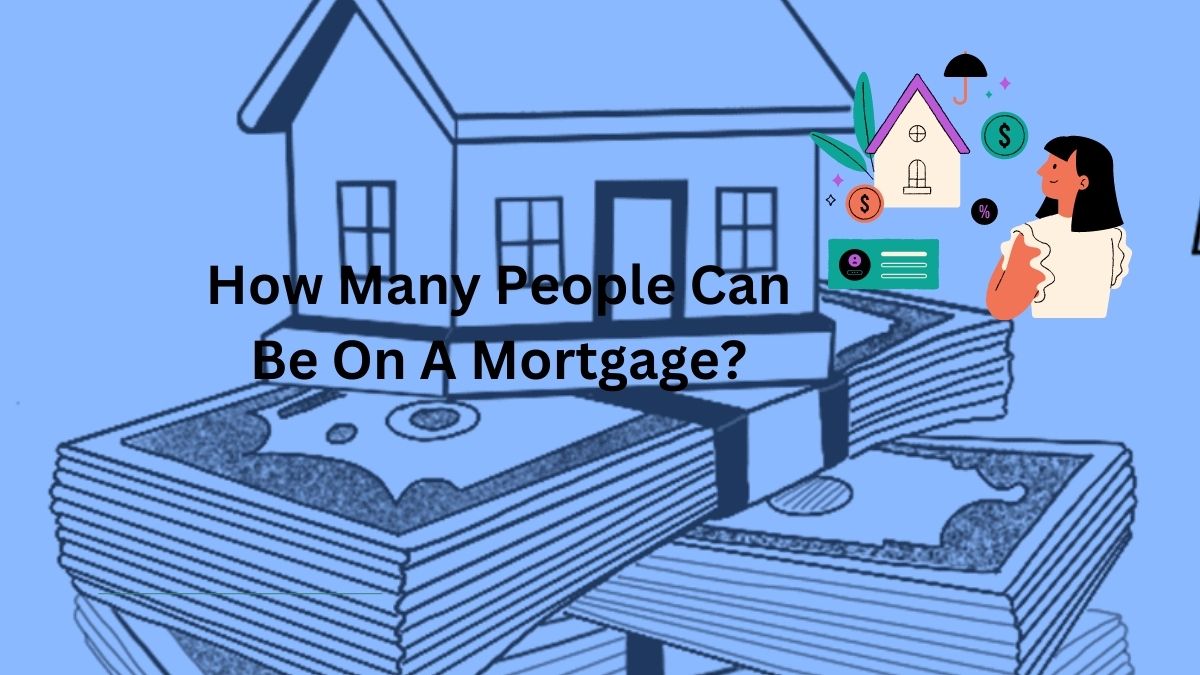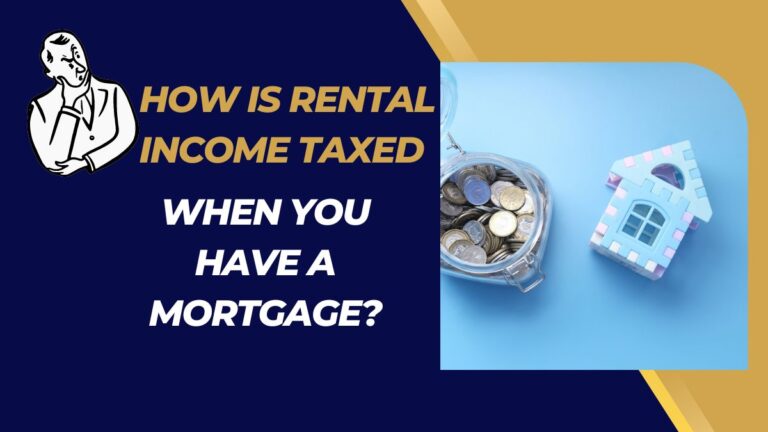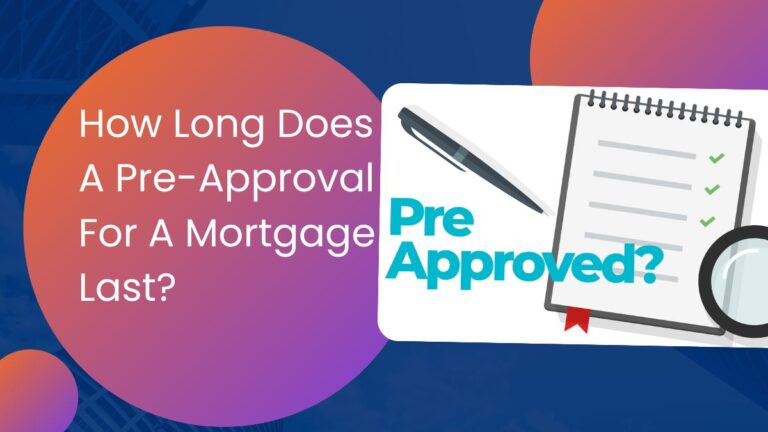How Many People Can Be On A Mortgage?
One of the first questions that comes to mind when considering a mortgage is, “How Many People Can Be On A Mortgage?” Whether you’re buying your dream home solo or planning to share the responsibility with loved ones, this blog post will unravel all the possibilities and implications.
From joint applications to co-signers and beyond, we’ll explore how different scenarios impact your chances of securing that coveted loan. So buckle up and get ready for an enlightening journey into the realm of mortgages!
What is a Mortgage?
A mortgage is a loan that a person takes out from a bank or other financial institution. The mortgage lender agrees to give the borrower a loan in exchange for an ownership stake in the property, usually one or more houses. This ownership stake allows the borrower to stay in the home while the debt is paid off and can be sold at any time.
The maximum number of people who can be on a mortgage is generally limited by federal law. Under current law, individual borrowers can have no more than $250,000 of combined outstanding debt on their home and personal credit cards at any time. If you are married, your combined total debt limit increases to $500,000. If either spouse has more than this amount of debt, they cannot be approved for a mortgage.
There are some exceptions to this limit. For example, if both spouses work and their incomes meet certain thresholds, they may be able to borrow more money. And if one spouse owns their own home and the other does not, the non-homeowning spouse may be able to get approved for a mortgage if their income meets certain limits.
It is important to keep in mind that this limit applies only to your combined debt from all sources–personal loans, credit cards, mortgages–not just mortgages taken out from banks or other conventional lenders. So if you have several different loans from different lenders totaling more than your allowed amount, you will need to pay them all off before applying
How much can you borrow?
A mortgage is a loan that you take out from a bank or other lending institution to purchase or finance a property. Generally, the amount you can borrow is based on your income and the value of the property you’re purchasing. The following are some general guidelines:
- If you have a good credit history, you may be able to borrow up to 90% of the value of the home.
- If your credit score is lower, you may be able to borrow up to 75% of the value of the home.
- If you have less than excellent credit, you may be able to borrow only 60% of the value of the home.
Types of Mortgages
There are three types of mortgages: fixed-rate, adjustable-rate, and hybrid. With a fixed-rate mortgage, the rate you pay stays the same for the life of the loan. You may be able to get a lower interest rate if you pay your loan off early, but the interest rates on adjustable-rate mortgages (ARM) can go up and down throughout the life of the loan. With a hybrid mortgage, you have both a fixed and an adjustable rate.
Pros and Cons of Mortgages
A mortgage is a loan that is used to purchase or improve real estate. When you borrow money from a lender, you are obligated to pay back the money with interest over time:
The advantages of using a mortgage include:
- You can use the money you borrow to buy a house, condo, land, or another property.
- Mortgages are available in different types and sizes, so they can suit your needs.
- They’re an effective way to raise capital for your home purchase.
- Your monthly payments may be lower than if you borrowed the same amount in cash.
- You may receive tax breaks and other financial assistance for buying a home with a mortgage.
The disadvantages of mortgages include:
- If you don’t keep up with your payments, you could end up owing more money than the value of your home.
- Mortgages can be expensive – especially if you opt for a large loan.
- You may have to pay taxes on any income that goes toward your mortgage payment.
How to Finance a Mortgage?
If you’re thinking of buying a home, you may be wondering how much money you need to finance the purchase. Here are some tips on how to get a mortgage:
- Decide whether you want to borrow money from a bank or use a home equity loan.
- Calculate your monthly payment using these formulas: principal + interest + taxes = monthly payment
- Compare interest rates and terms from different lenders.
- Get pre-approved for a mortgage before filling out an application. This will help speed up the process.
- Have enough cash available to cover closing costs and other unexpected expenses, like repairs or upgrades to the home you’re buying.
Conclusion
There are a lot of variables to take into account when it comes to mortgages, so it’s important to consult with an experienced lender if you’re thinking about applying for one. In general, most lenders will allow up to four people on the mortgage, but this number can vary depending on your individual circumstances. Speak with a lender representative about what would be considered “too many mouths to feed” and whether there are any exceptions that might apply in your case.






